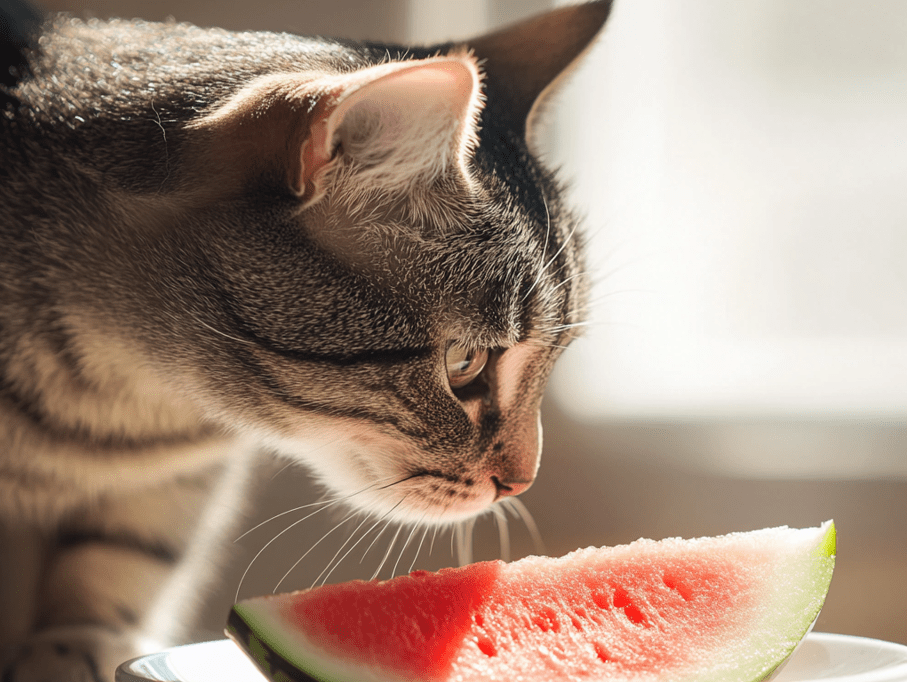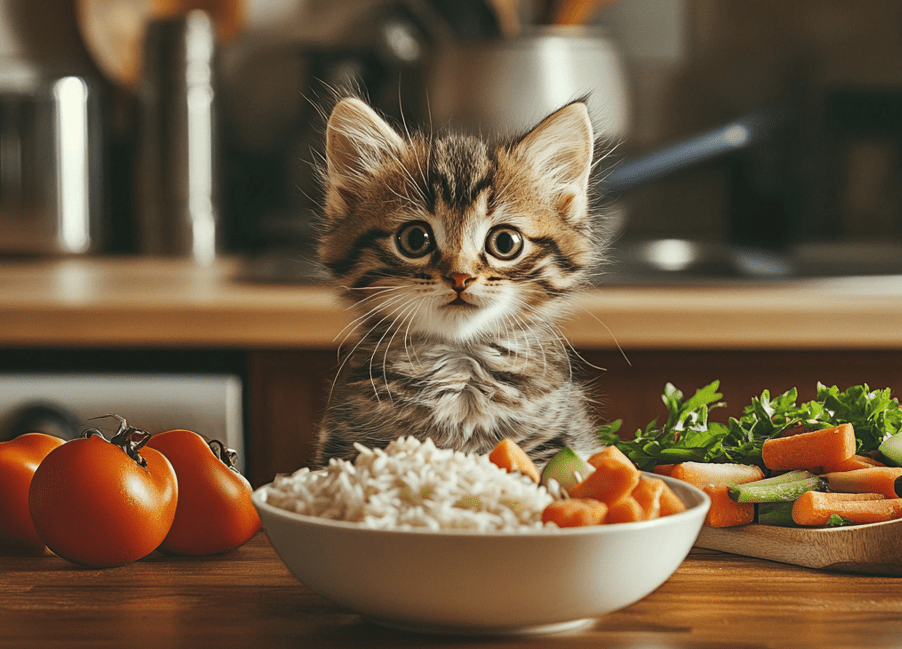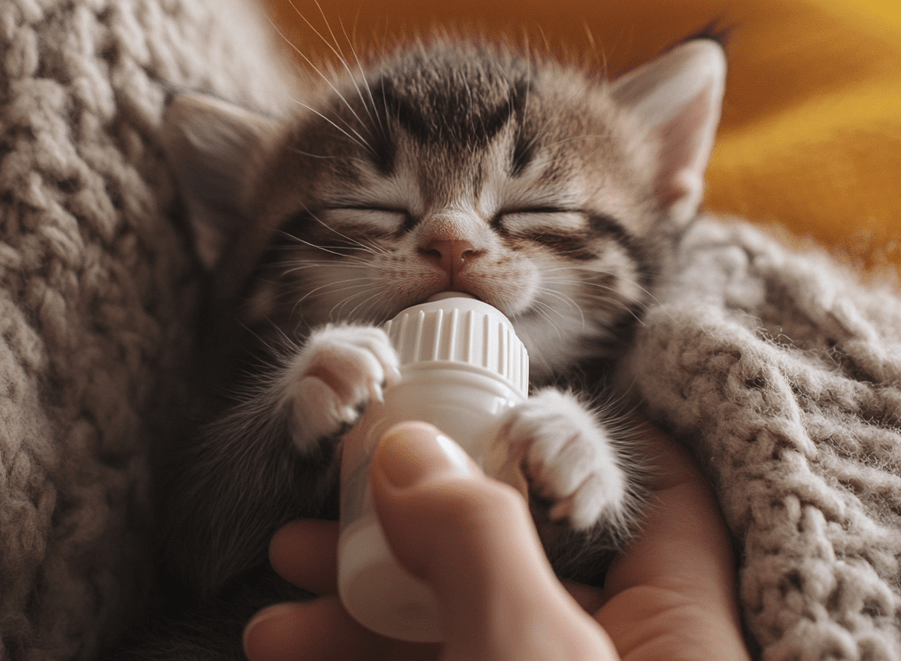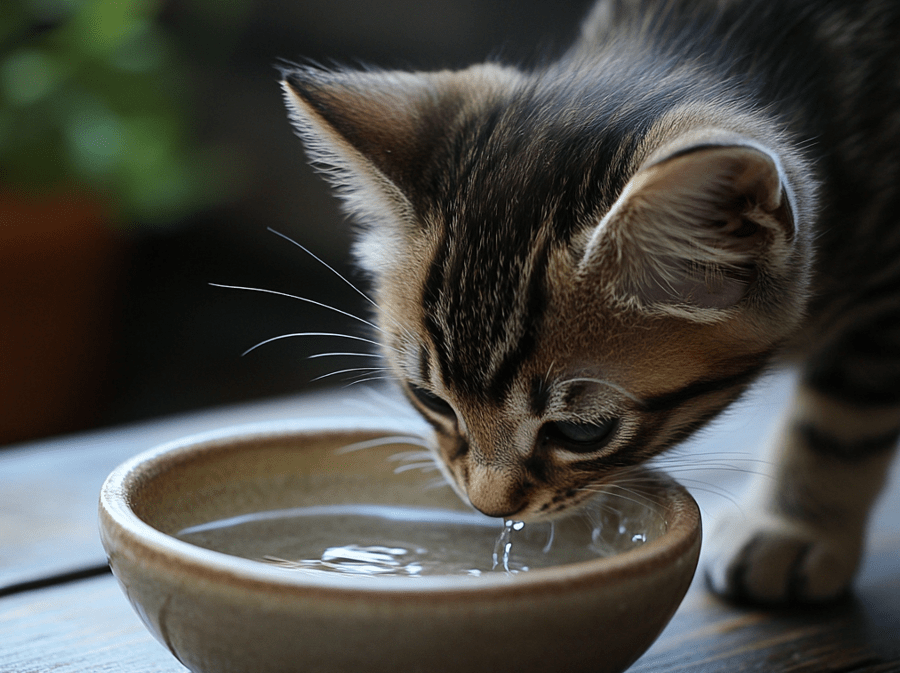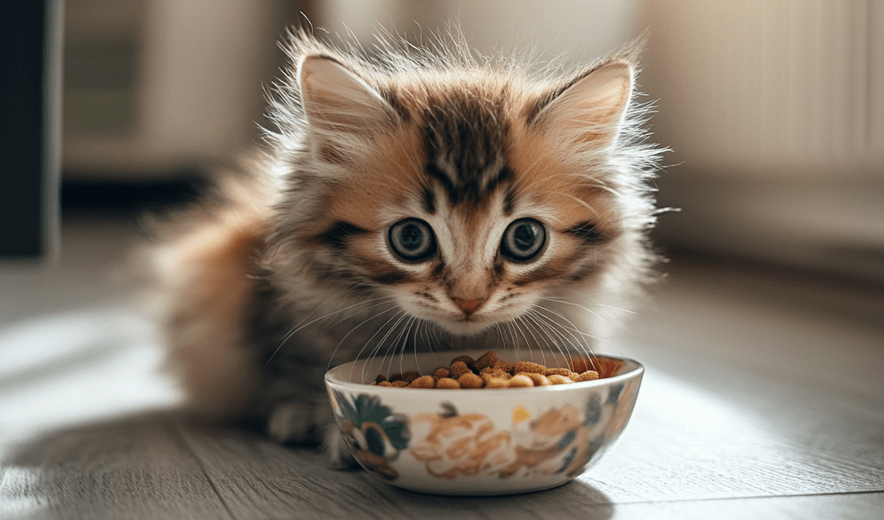Is Watermelon Safe for Cats?
Watermelon is a cool, refreshing treat to eat in warm weather for many people but is it safe for cats? The general answer here is yes; Watermelon in moderation provided that a healthy cat. But it needs to be fed properly to prevent application of danger.
Read our expert responses to frequently asked questions regarding whether cats can have watermelon and the best ways they enjoy it. They will also advise you on the quantity of watermelon recommended and how it should be served.
Can Cats Eat Watermelon?
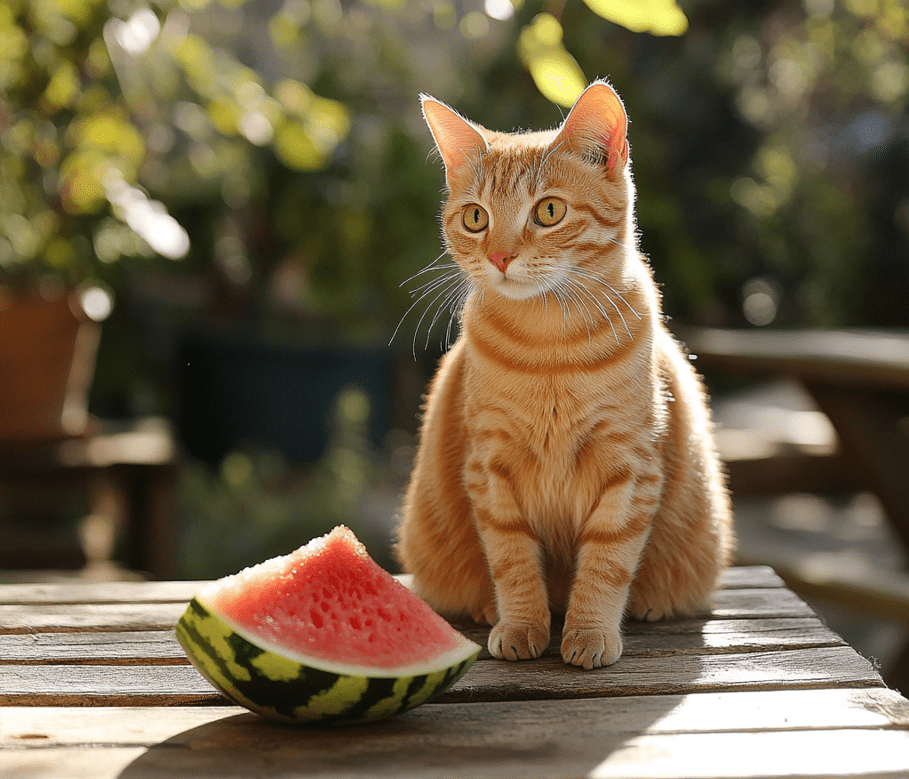
In short, cats can have watermelon in multiple different ways. If you’re celebrating something like the Fourth of July and want to offer your cat some watermelon, it is generally safe for healthy pets. Note: Feed only the flesh (mesocarp) of melons. However, you want to make sure they are seedless as the seeds can be hazardous!
Are Watermelon Seeds Bad For You?
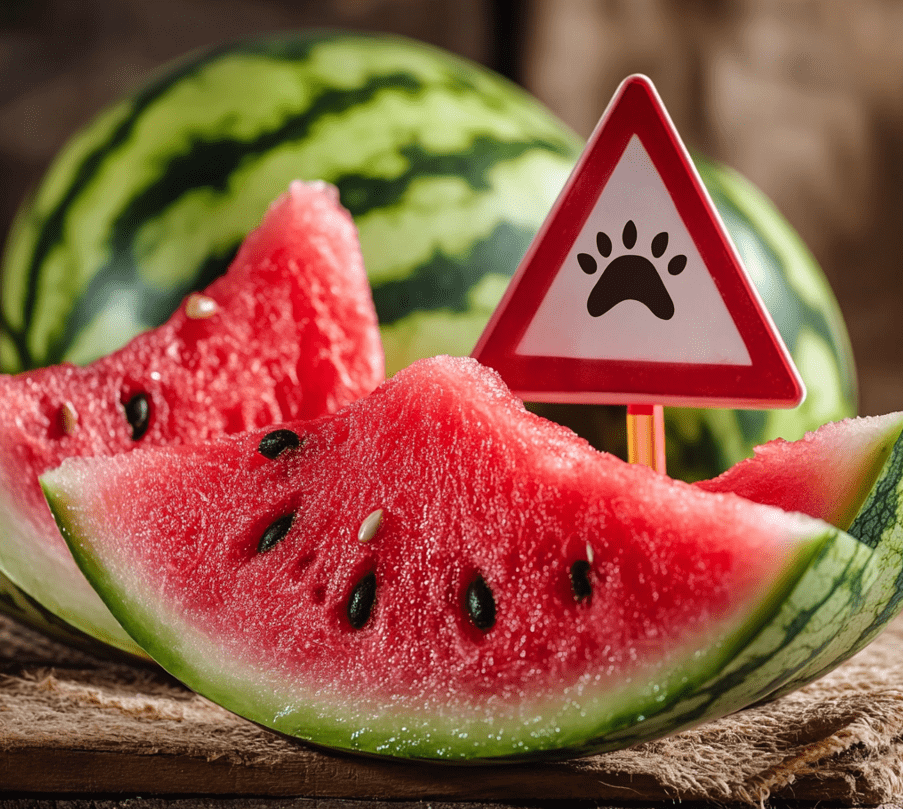
Cyanide content: Seeds are nontoxic to humans but the seeds of watermelon contain low levels of cyanide and can be toxic for your cat.
Digestive woes: Where seeds can be a pain in the gut.
Choking hazard: Seeds can block the airways or intestines.
Watermelon Health Benefits for Cats
Watermelon provides hydration and few nutrients such as vitamin C, potassium but it is not a must in your cat’s normal diet. Always check with your veterinarian before giving human food, watermelon included, to be sure that such inclusion is the right choice for a healthy diet of your feline. In general, some occasional snacking of watermelon is a concern for the cat only if it manifests itself on illness symptoms. If you are sick or uncomfortable, call your Veterinarian.
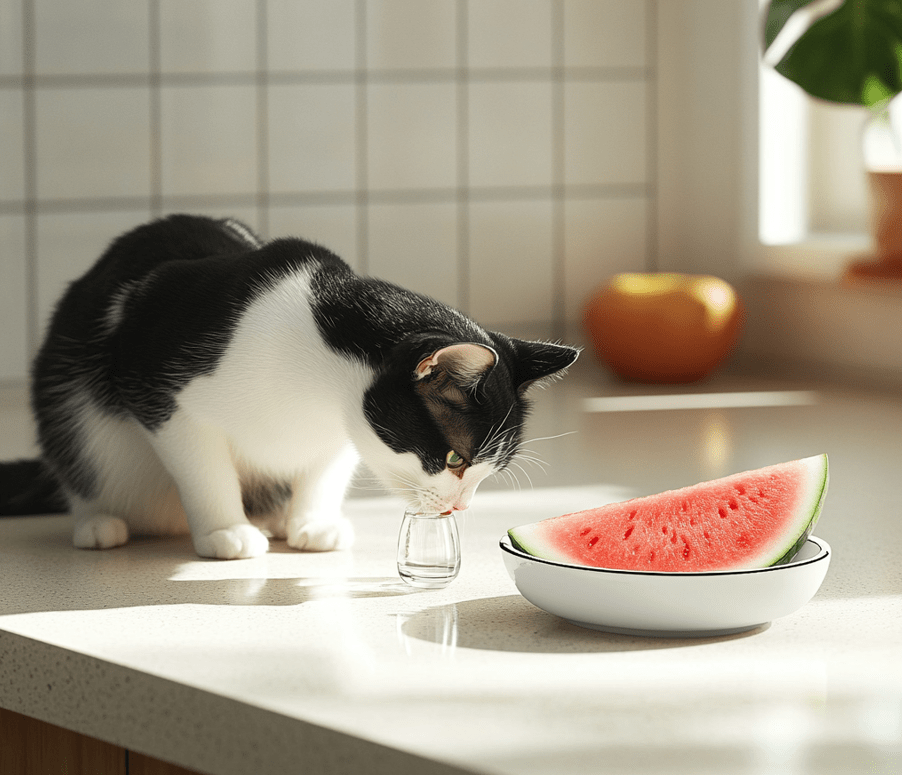
The following health-related conditions may require to avoid watermelon:
1. Obesity
2. Diabetes
3. Refinements made by your vet such as allergies to certain ingredients
Can Kittens Eat Watermelon?
Watermelon is typically safe for kittens but contains few nutrients. Even though it does provide a bit of hydration and vitamins, kittens need specific food plans to ensure proper development. The younger the kitten, the more fragile its digestive system is; and feeding it only with cat´s milk or at most mixed food (cat plus human), this should be your second choice.
Why Not Give Watermelon to Cats and Kittens?
Watermelon is sugary — as that sweetness is natural and not corn-syrup, I let it slide in under the sugar limit here. That being said, it is recommended to feed adult cats only very small amounts at a time and not allow kittens to eat them regularly.
Can Cats Eat Watermelon Rind?
Answer: Watermelon rind is not cat-friendly. Yes, it has a similar consistency with the flesh of that fruit but more problematic to digest and can lead to health issues like;
1.Intestinal blockages
2.Choking hazards
3.Bowel irritation or abdominal pain
Can Cats Eat Melon?
Considering whether cats are allowed to be given melon and more particularly watermelon, it is worth mentioning that watermelons do not represent true melons. However, melons can act as a special treat for adult cats in good health if given moderately. The word “melon” is a broad term but in particular refers to one plant that has specific features — the watermelon.
How Much Watermelon Are Cats Allowed To Eat?
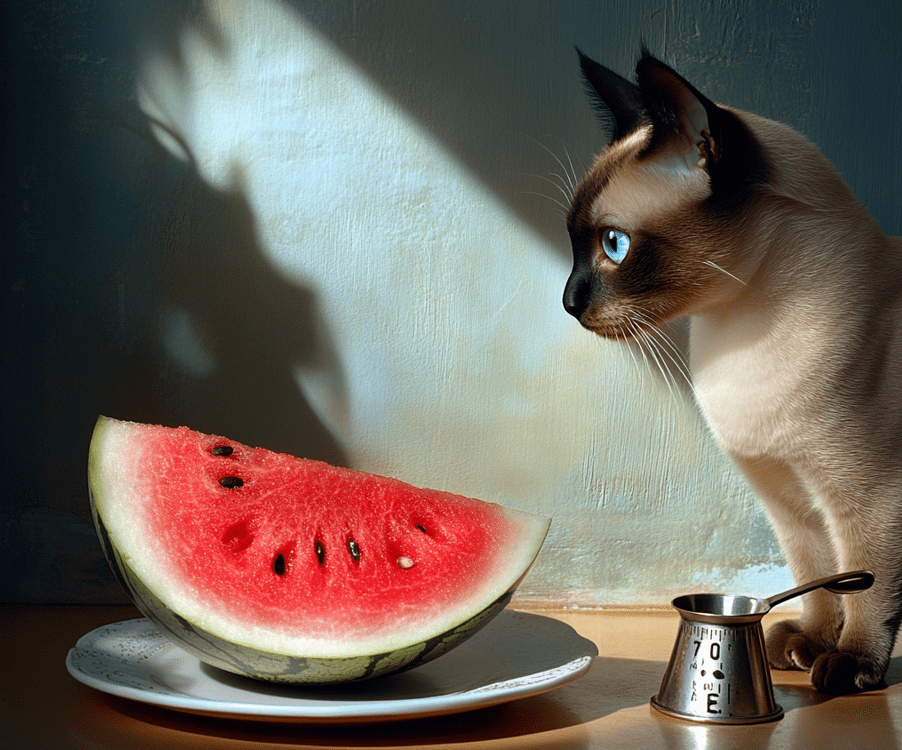
The trick behind the question of how much watermelon is safe for cats, all depends on their age, cat breed type and needs. Always consult your vet to know about the suitable portion size and whether watermelon is ok for cats in general or not.
If you and your vet determine that it is safe to give watermelon, the ideal portion size for a cat would be one or two small bite-size slices at most once in a while. Remember, treats including watermelon should make up a maximum of 10% (the remaining 90% comes from complete and balanced cat food).
Cats that eat too much watermelon may experience digestive upset and obesity. Therefore, it is important to be aware of these possible risks and always treat watermelon in moderation. Also when you visit the vet, let your veterinarian know what human food and in which quantities / frequency that you give it to your cat.
How to Feed Your Cat Watermelon
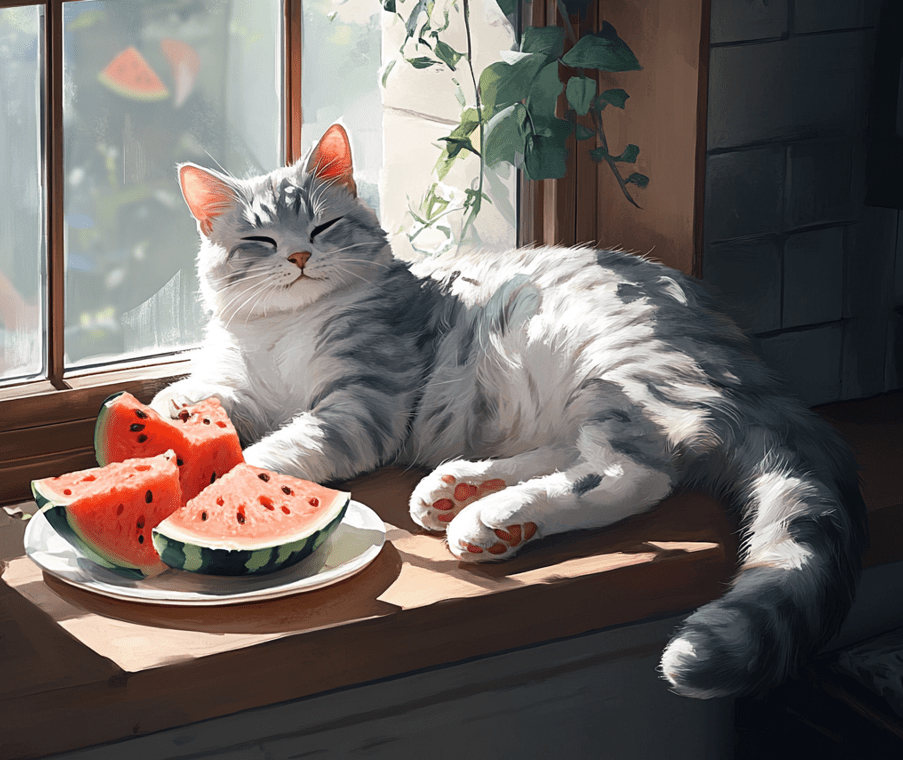
Watermelon is not an essential nutrient and therefore cannot be considered a safe source of it in cats. Instead, watermelon should be considered a pleasure, something that the rabbit gets to enjoy infrequently and only with veterinary approval.
If you want even more specific advice about what to feed your cat, see some of our other articles on best food for cats.

